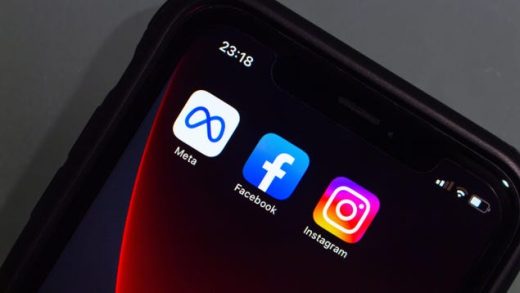A few years ago, because I was having trouble finding upcoming books by women of color to read and review, I compiled and published a list of such titles. If I was having trouble, I thought, then others surely were, too. Maybe they’d also find the list useful.
A lot of people did, as it turned out. The list became one of Electric Literature’s most shared pieces, as it did when I compiled a new list the next year, and the year after that. This list is now in its fourth year, and has expanded to include nonbinary writers of color; it gets larger each year, and I’m told it’s used to help inform books coverage in other publications, that high school teachers and college professors look to this Electric Literature list when forming syllabi. This fills me with such complicated joy: my hope is that, one day, publishing will be so inclusive that a list like this will become less useful.
For this short while, I want to forget about trepidation. Instead, I want to celebrate these 55 novels, collections, and memoirs.
I know I’m far from alone in dreading what this next year will bring, what wild varieties of hatred will be directed at marginalized people. But for this short while, I want to forget about trepidation. I want to push that hatred to the side. Instead, I want to celebrate, with delight and wonder, these 56 novels, collections, and memoirs, all of which are publishing in 2020.
About the methodology: these are 2020 books by women and nonbinary writers of color that I personally happen to be excited about. It’s one list, inevitably incomplete. (If you see a book missing, please feel very welcome to post about it on social media, preorder it from your local bookstore, request it from your library, or, perhaps, all of the above.) Also incomplete is the term “of color,” a flawed, complicated label with varied and ever-changing valences in and outside of the U.S. Finally, I love reading poetry, and such books of poetry are coming up in 2020—Natalie Diaz! Danez Smith! Monica Sok!—but I’m not as aware of what’s forthcoming from poets, so I’ve limited myself to prose.
Here you go. It’s 2020 now: there’s so much to look forward to.
JANUARY
Zora Neale Hurston, Hitting a Straight Lick with a Crooked Stick
It’s difficult to think of a more joyful way to start the year than with Zora Neale Hurston’s stories, brought together for the first time in a single volume. The book includes eight “lost” stories from archives and periodicals, and I can’t wait.

Meng Jin, Little Gods
A first novel about migrations that takes place in Beijing and the U.S., and one Colum McCann calls heart-wracking, fierce, and intelligent.

E.J. Koh, The Magical Language of Others
Koh’s parents lived in America for a decade before they moved to Korea to find work, leaving their two children behind. Koh’s mother wrote her letters, but in a language Koh couldn’t fully understand until, years later, she began translating the missives, a discovery she details in this book.

Carola Saavedra, Blue Flowers
Saavedra is one of Granta’s “best young Brazilian writers,” and this partially epistolary novel follows a recently divorced man receiving obsessive letters from an anonymous woman.
FEBRUARY

Cathy Park Hong, Minor Feelings
Part memoir, part cultural criticism, the poet and essayist’s Cathy Park Hong’s first book of prose had me underlining and annotating nearly every page. Claudia Rankine says that “to read this book is to become more human.”

Nicole Chung and Mensah Demary, ed., A Map Is Only One Story
A capacious and devastating collection of essays that have to do with migration and belonging, bringing together writers such as Natalia Sylvester, Bix Gabriel, and Jennifer S. Cheng.
MARCH

Louise Erdrich, The Night Watchman
A new book from the mighty Louise Erdrich! This novel is based on the life of Erdrich’s grandfather, a night watchman who fought in the 1950s against Native dispossession.
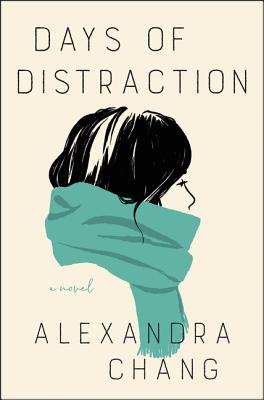
Alexandra Chang, Days of Distraction
In this debut novel, a staff writer at a tech publication leaves Silicon Valley to live with her boyfriend in upstate New York. George Saunders calls Chang “one of the most important of the new generation of American writers.”

Maisy Card, These Ghosts Are Family
I’ve admired Card’s writing a long while, and in These Ghosts Are Family, a Jamaican family contends with a faked death, a stolen identity, and the revelation of decades-old secrets.
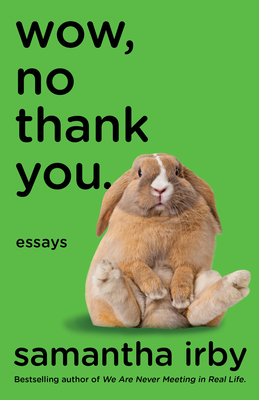
Samantha Irby, Wow, No Thank You.
These essays from the bestselling Irby come with an irresistible endorsement from Jia Tolentino, who says there is “truly no one like Samantha Irby for making you actually choke (on poop jokes) laughing out loud.”

Megan Giddings, Lakewood
A debt-riddled millennial woman drops out of college to support her family by taking a well-paid, mysterious job in a remote Michigan town. The job, it turns out, involves participating in a secret program of medical experimentation.

Leslie Streeter, Black Widow
Entertainment columnist Streeter’s book is subtitled “A Sad-Funny Journey Through Grief for People Who Normally Avoid Books with Words Like ‘Journey’ in the Title.” A book of widowhood, mixed marriage, grief, and race.

Clarissa Goenawan, The Perfect World of Miwako Sumida
Goenawan’s second novel is centered on the people living in the aftermath of a tragedy in Japan. Sharlene Teo says it’s an “elegantly cryptic, poetically plotted” whydunit.

Leesa Cross-Smith, So We Can Glow
From the delightful Leesa Cross-Smith, whom Roxane Gay has called “a consummate storyteller,” a collection of 42 very short stories.
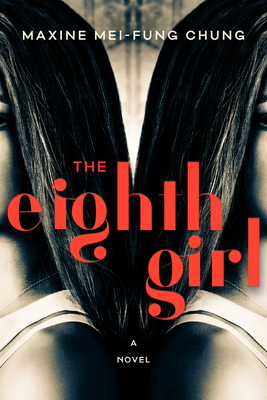
Maxine Mei-fung Chung, The Eighth Girl
Chung is a psychoanalytic psychotherapist and clinical supervisor, and she’s written a novel about a woman with multiple personalities trying to help an imperiled close friend.

N.K. Jemisin, The City We Became
The recipient of multiple Hugo and Nebula awards, the bestselling Jemisin is publishing a speculative novel chronicling a world in which “every great city has a soul.”
APRIL

Julia Alvarez, Afterlife
Afterlife is, at long last, the first adult book from Alvarez in fifteen years. Elizabeth Acevedo says it’s “a stunning work of art that reminds readers Alvarez is, and always has been, in a class of her own.”

C Pam Zhang, How Much of These Hills is Gold
A powerful first novel about an immigrant family trying hard to survive the American Gold Rush. I read it in one exhilarated tear; I’m already looking forward to rereading it.

Rowan Hisayo Buchanan, Starling Days
Starling Days first published in 2019 in the U.K., where it was shortlisted for the Costa Novel Award. In The Paris Review, Spencer Quong says it’s an “exploration of depression without clear resolution,” one that can show how to “be with an emotion without anticipating its meaning.”
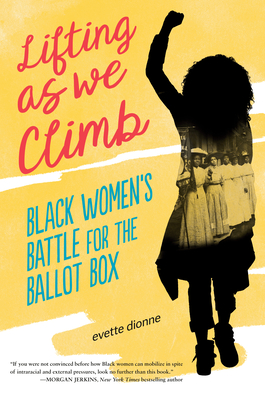
Evette Dionne, Lifting As We Climb
A children’s book about Black women who fought for women’s right to vote, from the unfailingly brilliant Evette Dionne, editor-in-chief of Bitch.

Frances Cha, If I Had Your Face
Kyuri, Miho, Ara, and Wonna are four women—a bar entertainer, an artist, a hair stylist, and a newlywed—who live in the same apartment building. Helen Oyeyemi says it’s “as engrossing as a war chant, or a mosaic formed with blades.”
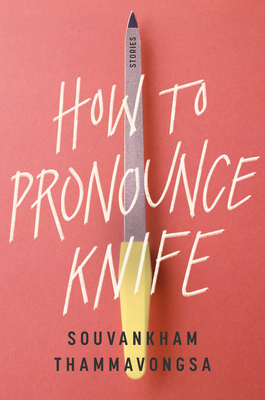
Souvankham Thammavongsa, How to Pronounce Knife
I’ve looked for Thammavongsa’s work ever since we read together at a release party for the wondrous literary magazine NOON, and How to Pronounce Knife is her first story collection, one that Madeleine Thien praises as “a major work and a lasting one.”

Marie Mutsuki Mockett, American Harvest
Another one I’ve anticipated for a while, this nonfiction book follows a group of evangelical Christian harvesters working a Nebraska wheat farm inherited by the Japanese American Mockett.

Cho Nam-Joo, Kim Jiyoung, Born 1982
A woman in contemporary Seoul descends into a psychosis in which she channels other women. This very short novel, with just 144 pages, has already sold over a million copies abroad.
MAY
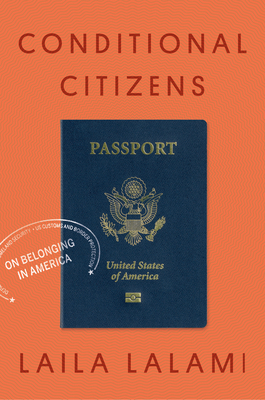
Laila Lalami, Conditional Citizens
The acclaimed Lalami has previously published four novels, and now, in her first nonfiction book, she explores the idea of conditional citizenship. Maaza Mengiste says “reading this book was like encountering America for the first time.”

Lauren Francis Sharma, Book of the Little Axe
Sharma’s novel is set in Trinidad and the Crow Nation in Bighorn, Montana, and spans the late 1700s to the early 1800s. I heard Sharma read from this book last summer, and have awaited it ever since.

Meredith Talusan, Fairest
I’m a longtime admirer of them. editor Talusan’s short writing, and this is a memoir of her life as a trans person with albinism. This book, a debut, is profound and moving.
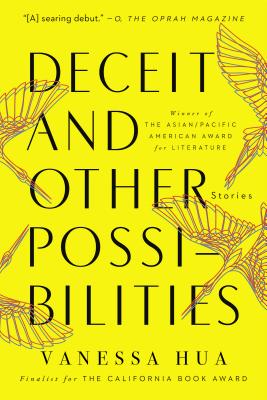
Vanessa Hua, Deceit and Other Possibilities
First partially published in 2016 by Willow Books, and now with new stories, Deceit and Other Possibilities is a reissued collection from Counterpoint. The stories I read in 2016 are a marvel; I’m excited to read the rest.
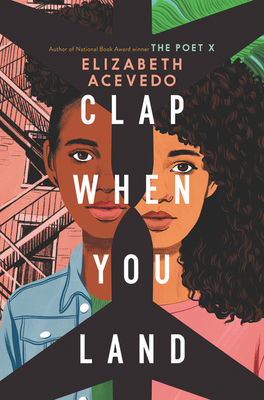
Elizabeth Acevedo, Clap When You Land
From National Book Award-winning, bestselling Acevedo, the novel-in-verse Clap When You Land is about two girls who lose their father in a plane crash.

Natalia Sylvester, Running
Sylvester’s most recent book, Everyone Knows You Go Home, was unforgettable. Running is her young-adult debut, in which the fifteen-year-old Mariana Ruiz’s father runs for president of the U.S.

Sejal Shah, This Is One Way to Dance
Mira Jacob says this memoir in essays “captures what it means to be a citizen of a country that may never claim you as its own, to imagine your own brilliant fullness beyond its peripheral gaze.”
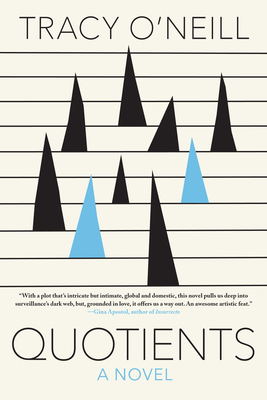
Tracy O’Neill, Quotients
I deeply loved Tracy O’Neill’s first novel, The Hopeful, telling the story of a figure-skating prodigy whose athletic dreams become unobtainable; Quotients, her newest, includes a mixed-race couple, the dark web, surveillance, and love.

Porochista Khakpour, Brown Album
This book draws together more than a decade of Khakpour’s essays about being an Iranian American immigrant and refugee.
JUNE

Jasmine Guillory, Party of Two
A fifth novel from the astonishingly prolific Guillory, who has published four bestselling, captivating books in the past two years. If you somehow haven’t read her previous fiction, or caught her giving book recommendations on The Today Show, you have six months to do so before seeking out her newest.

Rosayra Pablo Cruz and Julie Schwietert Collazo, The Book of Rosy
A nonfiction account of a family of Guatemalan migrants separated at the border of Arizona. The Book of Rosy is told by Rosayra Pablo Cruz, the mother of the family, and Julie Schwietert Collazo, co-founder of Immigrant Families Together, a grassroots organization working to reunite mothers with their children.

Jean Kyoung Frazier, Pizza Girl
A pregnant eighteen-year-old pizza deliverer becomes obsessed with a customer, a mother new to the neighborhood. This first novel comes bearing comparisons to Convenience Store Woman and The Idiot.

Rahawa Haile, In Open Country
I’ve been anticipating this memoir since I read a 2017 piece by Haile detailing her solo hike, as a Black woman, of the Appalachian trail. The book incorporates and expands upon that long hike. Update: This book’s publication date has been moved to 2021 so expect to see it on the list again next year!
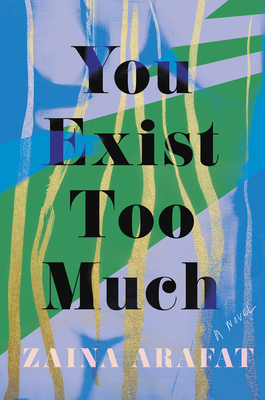
Zaina Arafat, You Exist Too Much
The title of this novel comes from the moment when its protagonist, a Palestinian American girl, tells her mother she’s queer: “You exist too much,” her mother says. A bildungsroman of desire, shame, and addiction.

Megha Majumdar, A Burning
A thriller set in motion when Jivan, a Muslim girl in India, is falsely accused of perpetrating a terrorist attack on a train. Colum McCann calls it “rare and powerful.”
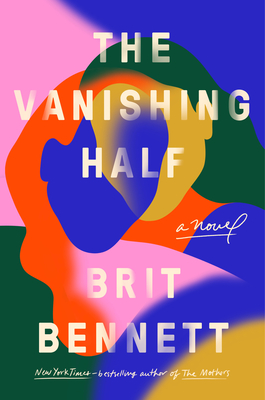
Brit Bennett, The Vanishing Half
The Vignes twins run away from home as teenagers, and grow up to lead unusually different lives: while one sister is raising her Black daughter in their old hometown, the other sister lives as a white person, with a white husband who doesn’t know who she is. From the widely acclaimed, bestselling Bennett.
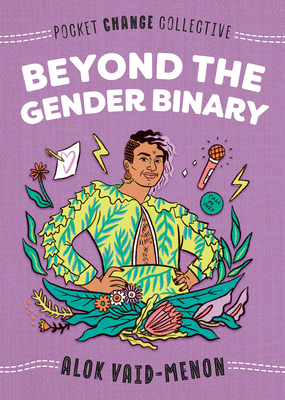
Alok Vaid-Menon, Beyond the Gender Binary
In a short book for children and young adults, the poet and advocate Alok Vaid-Menon draws on their experiences as a gender-nonconforming artist to reimagine the gender binary.
JULY
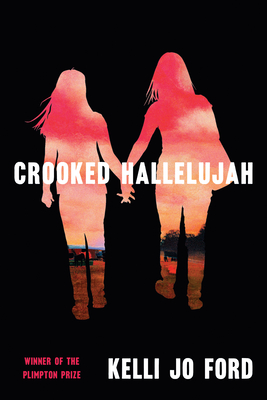
Kelli Jo Ford, Crooked Hallelujah
The first book from the Plimpton Prize-winning Ford, Crooked Hallelujah follows a family of Cherokee women from Oklahoma to Texas. An epic of mothers and daughters.

Aminatou Sow and Ann Friedman, Big Friendship
Sow and Friedman, cohosts of the very popular podcast Call Your Girlfriend, have written a book about their decade of close, deep friendship.
AUGUST

Shruti Swamy, A House Is a Body
A story collection from Swamy, a Steinbeck Fellow and two-time O. Henry Prize recipient. Laura Furman says the book is written with a “rich understanding that recalls such renowned storytellers as Katherine Anne Porter and Ruth Prawer Jhabvala.”

Akwaeke Emezi, The Death of Vivek Oji
Following on Emezi’s first novel, the singular Freshwater, as well as their young-adult book Pet, comes another book for adults, this time centered on a Nigerian named Vivek.
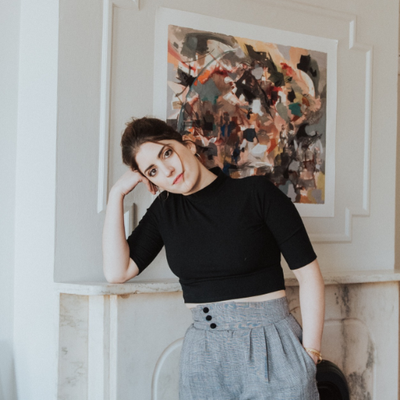
Suleika Jaouad, Between Two Kingdoms
A memoir of Jaouad’s illness and recovery from leukemia, and of figuring out how to live in the aftermath of years of chemotherapy and the cancer ward.

Raven Leilani, Luster
Luster is about a young artist in Bushwick who gets involved in a couple’s open marriage. Zadie Smith says it’s brutal and brilliant.
SEPTEMBER & LATER
Fall is traditionally a big time for books, a season when publishers release a lot of high-profile titles before the holiday rush. This fall, with the elections coming, I keep hearing that significantly fewer books than usual will publish; I’m so glad, though, that it’s fewer, not zero! While it’s too soon in the year to have so much as a cover of most of these autumn titles, here are some writers whose writing I love, and who have books publishing between September and the end of the year:
Kimberly Drew and Jenna Wortham, Black Futures
Sarah Shun-lien Bynum, Likes
Yaa Gyaasi, Transcendent Kingdom
Marie Myung-Ok Lee, Finding My Voice (reissue)
Jaya Saxena, Crystal Clear
Angela Chen, ACE: What Asexuality Reveals About Desire, Identity, and the Meaning of Sex
K-Ming Chang, Bestiary
Mary H.K. Choi, Yolk
Danielle Evans, Office of Historical Corrections
The post 56 Books By Women and Nonbinary Writers of Color to Read in 2020 appeared first on Electric Literature.
Source : 56 Books By Women and Nonbinary Writers of Color to Read in 2020

